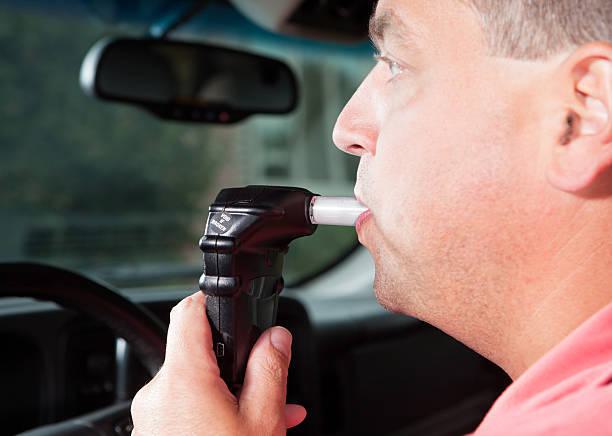A 2018 law establishing an ignition interlock installation requirement for those guilty of drunk driving and participating in a pretrial diversion program expired on Saturday after legislators declined to extend the law in the past session.
Ignition interlocks are a type of car breathalyzer. Since 2018, a person who has been charged with driving under the influence and who participates in a pretrial diversion program or similar program was required to install an ignition interlock device on his or her vehicle for a minimum of six months or the duration of the program, whichever is greater. However, that law expired on Saturday.
In a recent interview, Mark Polson, a criminal defense lawyer in Birmingham, told 1819 News that the ignition interlock requirement was "nothing but a money grab unfortunately on the backs of people that can't always afford to pay it."
"I don't think that it's been effective as a deterrent, which is how they try to sell it," Polson said. "If you look at the number of DUI cases, they've been pretty consistent statewide if you look at the crime stats. What you find is that during the five year period, there really hasn't been any significant reduction in the number of DUI arrests so if it is to be a deterrent it has failed to do such. There's a law that says anyone that is either convicted or they're participating in pretrial diversion they have to complete an approved court referral program. Those programs almost always include some type of random drug and alcohol screens. Having a breathalyzer basically hooked into the ignition in your car is redundant. First of all, it's only testing for alcohol and not for substances. I don't think a breathalyzer adds anything. It basically is redundant."
He added, "[T]he reaction that I've gotten from a lot of judges and prosecutors is that they're relieved. If they want to put an interlock on somebody, they can still do that."
Lawmakers in May said they weren't extending the breathalyzer requirement in pretrial diversion programs so judges could have judicial discretion when sentencing.
Former State Sen. Jim McClendon (R-Springville) sponsored the 2018 bill creating the ignition interlock requirement.
"I hoped that it would be renewed by the legislature," McClendon said in an interview. "The strongest opposition to that bill was from municipalities. I think Hoover was the strongest one because it affected their diversion program. With a diversion program, you can pay a pretty hefty fee and maybe attend classes or something and be exempted from that thing. We wrote the bill such that that was not the case. If you got a DUI, you ended up with an interlock if you wanted to operate a motor vehicle.
Alabama Law Enforcement Agency Secretary Hal Taylor wrote lawmakers in February, "[T]o request your support in extending the interlock program for DUIs that are adjudicated through the pretrial diversion program."
"As a representative from MADD once told me, all repeat offenders start with a first offense. The interlock requirement for pretrial diversion allows those with a first offense to complete a program that allows them to keep their vehicle, work through their legal issues and hopefully address the underlying issues that resulted in their arrest, all while helping ensure that they do not drive while impaired," he added.
To connect with the author of this story or to comment, email caleb.taylor@1819News.com.
Don't miss out! Subscribe to our newsletter and get our top stories every weekday morning.










